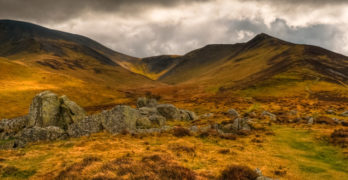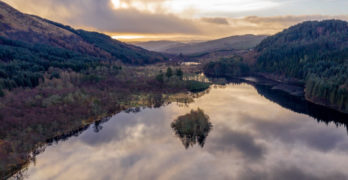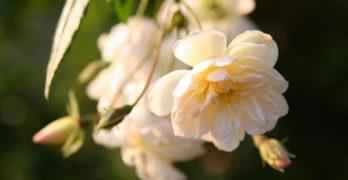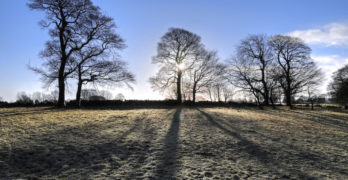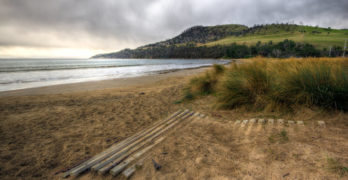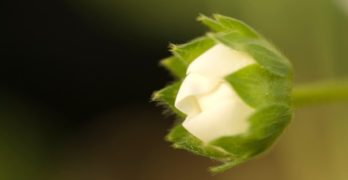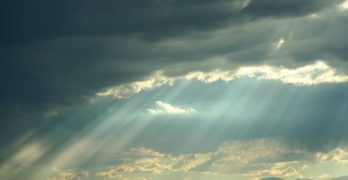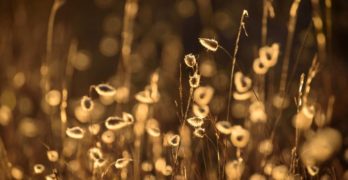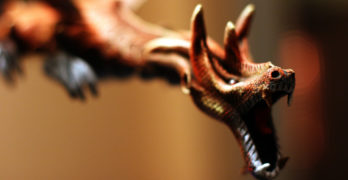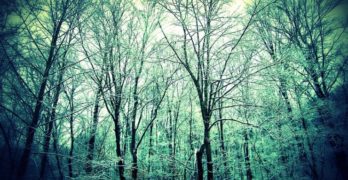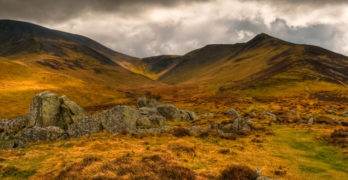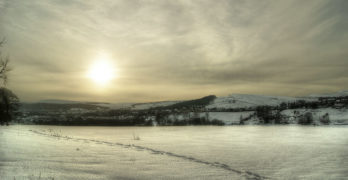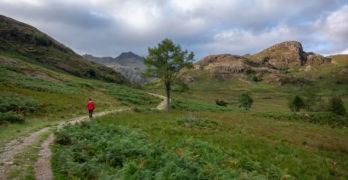“The Soul Is a Stranger in This World” by Micah Mattix takes a refreshing look at familiar contemporary poets—and at the role of poetry itself.
It Was a Marvelous Year: “The Making of Poetry” by Adam Nicholson
In “The Making of Poetry,” Adam Nicolson tells the story of William Wordsworth and Samuel Taylor Coleridge in 1797-98, when they created some of the greatest poetry written in the English language.
Poets and Poems: S.R. Jakobi and “Antiques & Curios”
The 96 poems of “Antiques & Curios” by S.R. Jakobi tell the story of a love affair between an older man and younger woman, one that continues in memory.
Packing Urgency and Story into 10-Minute Plays: “Winter Stars” by Sonia Barkat
In “Winter Stars,” a trio of 10-minute plays, Sonia Barkat uses a few characters and simple narratives to tell powerful stories.
Poets and Poems: Sarah Thomson and “Before It’s Too Late”
“Before It’s Too Late,” the new chapbook by U.K. poet Sarah Thomson, explores the ideas of impermanence and fragility in relationships, locations, and life.
Poets and Poems: River Dixon and “Left Waiting”
In “Left Waiting: And Other Poems,” River Dixon reaches for words to make sense of what happens in life, to take stock and ask why.
Poets and Poems: Matt Duggan and “The Kingdom”
“The Kingdom,” the new chapbook by poet Matt Duggan, returns to what’s past, leaving you wondering if the past never really was.
Poets and Poems: Nigel Kent and “Saudade”
The poems of “Saudade” by U.K. poet Nigel Kent remind us that, even in the deepest regret, one can find a melancholy pleasure.
Marjorie Maddox Writes Poems about Reading and Writing Poems
In “Inside Out,” Marjorie Maddox has assembled a series of poems about reading and writing poems. The poems show rather than tell, and it’s great fun.
Great Poetry as Seen by Comic Artist Julian Peters
In “Poems to See By,” comic artist Julian Peters illustrates 24 well-known poems, and in the process interprets meaning and adds understanding.
Poets and Poems: Mischa Willett and “The Elegy Beta”
“The Elegy Beta: Poems” by Mischa Willett utilize the idea of the elegy, reflecting seriously and somberly on life, faith, suffering, and beauty.
Poets and Poems: Angela Alaimo O’Donnell and “Andalusian Hours”
In “Andalusian Hours,” poet and writer Angela Alaimo O’Donnell has created a tribute to Flannery O’Connor, one of the 20th century’s most original writers.
A Ritual to Read to Each Other: Reading Aloud
Join author Megan Willome as she enjoys reading aloud in the new column, A Ritual to Read to Each Other. This month, the gifts unique to audiobooks.
“The House of Seven Gables” by Nathaniel Hawthorne – Still a Fascinating Story
“The House of Seven Gables” by Nathaniel Hawthorne is more Gothic romance than ghost tale; whatever the genre, it remains a fascinating story.
Wisdom Literature: “Desert Tracings” – Six Arabian Odes
In “Desert Tracings,” Michael Sells translates six pre-Islamic Arabian odes created in the oral tradition of Bedouin tribes before the rise of Islam.
Top 10 Reasons Why “Grandfather” Is the Best Job in the World
Being a grandfather is the best job in the world, and here are the top 10 reasons why. It’s also possibly the easiest, because your grandchildren teach you.
Buried in the Basement: “Tolkien’s Lost Chaucer” by John Bowers
A significant work by J.R.R. Tolkien on Chaucer sat unnoticed in a library basement for 60 years. “Tolkien’s Lost Chaucer” tells the story.
Editor of the Legendarium: Christopher Tolkien (1924-2020)
We owe a great debt to Christopher Tolkien, who as literary executor of his father’s estate unlocked the legendarium of Middle-earth.
Poetry Prompt: What Silence Does
Join author Callie Feyen as she considers silence — what it is, what it does, and whether it’s useful. Then write a poem about it.
Wisdom Literature: The Aphorisms of Yahia Lababidi
“Signposts to Elsewhere,” a collection of aphorisms by poet Yahia Lababidi, is a beautifully rendered work, full of poetry and wisdom.
